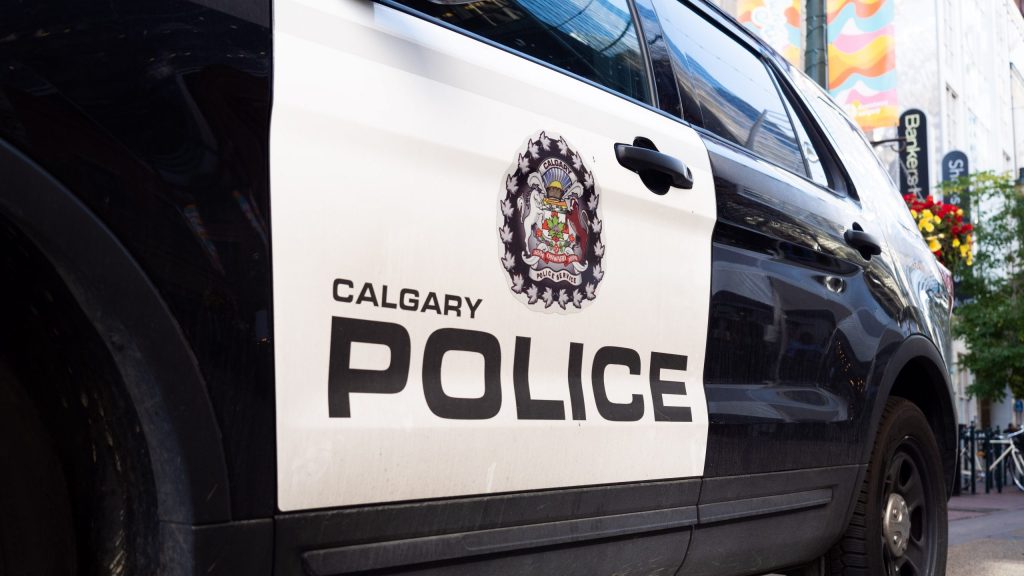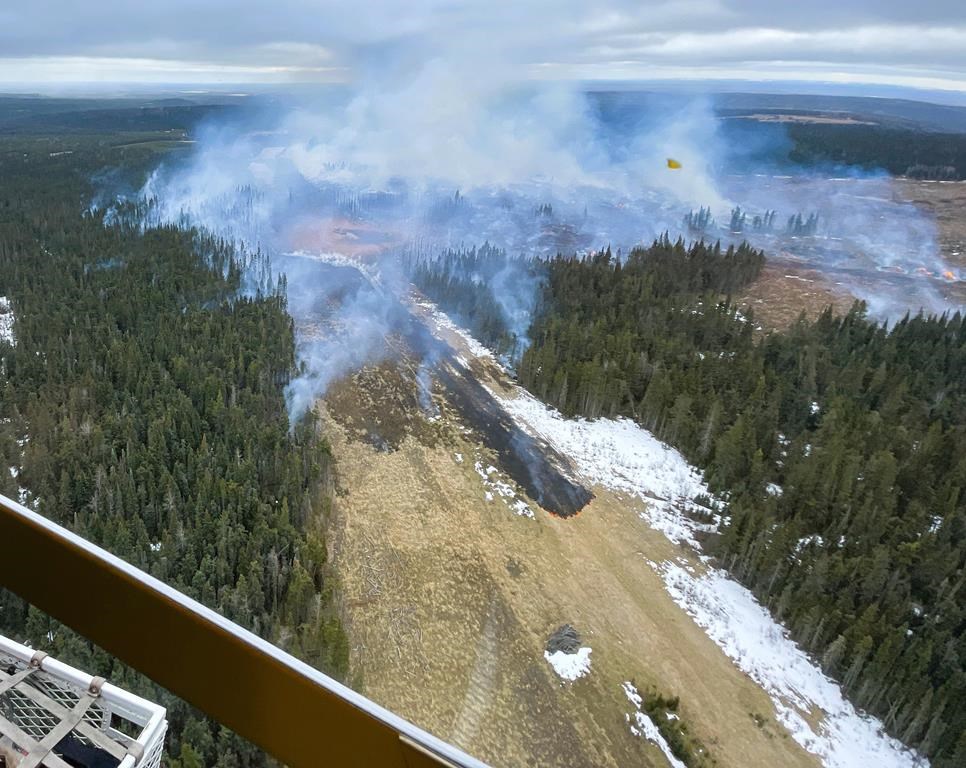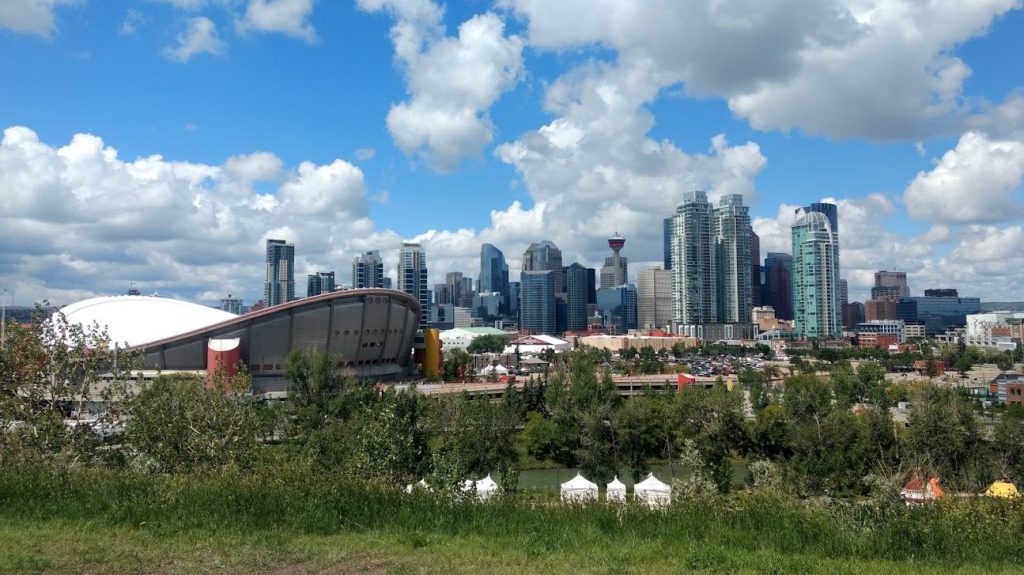B.C. announces First Nations agreement, royalty credits to bolster LNG plans
Posted Feb 25, 2013 1:34 pm.
This article is more than 5 years old.
VANCOUVER – The B.C. government signed an “updated” benefits agreement with a group of First Nations on Monday, one they hope will quell opposition to one of the many liquefied natural gas projects planned for the province’s north.
B.C. Premier Christy Clark announced the $32-million deal with 15 First Nations along the route of the proposed Pacific Trails pipeline as she wooed industry investment at an international conference on LNG opportunities in B.C.
“I’m here to tell you that British Columbia is open for business,” Clark told a who’s who of gas industry officials.
“We know there is tremendous competition all around the world. We know that the window of opportunity to export liquefied natural gas from British Columbia will not be open forever, so we’re moving decisively.
“There is absolutely no time to waste.”
To that end, Clark announced the amended agreement with the First Nations Limited Partnership. The province will provide $32 million to the partnership for non-equity investment in the pipeline.
“The end result of it is that First Nations are fully behind making sure that access is granted,” Clark said at a news conference following her speech.
Although the many natural gas pipelines and shipping terminals proposed for northern B.C. have not faced the kind of opposition seen by oil pipeline projects, there has been some discord.
A group identifying itself as the Unis’tot’en clan of the Wet’suwet’en Nation has evicted surveyors for the Pacific Trails Pipeline on more than one occasion, saying they were trespassing. The 460-kilometre Pacific Trails pipeline will carry natural gas from Summit Lake, 55 kilometres north of Prince George, to the Kitimat LNG facility proposed by Chevron and Apache.
But Clark’s great expectations for LNG face hurdles from global competition and faltering prices.
Jim Prentice, a former Conservative minister of environment, industry and aboriginal affairs, now the senior executive vice-president of CIBC, said the race is on for global LNG markets.
“The stakes are high and the challenges are formidable,” Prentice said in a speech at the conference. “This is no slam dunk.”
Canada faces competition from Asia, Africa, Australia and the U.S. In order to capitalize on the opportunity, the governments need to ensure a competitive tax and royalty regime and sufficient skilled labour.
Prentice encouraged the federal government to co-manage the B.C. coast with the province and coastal First Nations to balance the rewards with environmental risks of increased tanker traffic.
This is “a world deeply concerned with the environment generally and with climate change specifically,” Prentice said. “In such a world, if you are in the energy business, then you are by definition in the environmental business also.”
Federal Natural Resources Minister Joe Oliver said global energy demand is expected to increase by 35 per cent by 2035.
“The energy prospects for this province are remarkable,” Oliver said, adding that there are more than 600 major natural gas resource projects underway or planned for the next 10 years in Canada representing a total investment of approximately $650 billion.
Clark also announced that her government will provide up to $120 million in royalty credits to liquefied natural gas proponents, to get the infant industry on its feet.
It’s the 12th instalment of the Infrastructure Royalty Credit program that encourages capital investment by providing business deductions that can be used to recover some royalties owed to the government once a project is up and running.
Clark said the program is not a subsidy, because the province will get the money back.
“It’s part of building a competitive tax environment,” Clark told reporters. “Lowering taxes, changing the tax structure so that you get the taxes at a different time when profits are higher — that’s not a subsidy, that’s just making sure that our environment here is working for the industry.”
With five major LNG export terminals proposed for the West Coast, Clark said B.C. has a once-in-a-lifetime opportunity to build what could be a trillion-dollar industry.
The premier said she is considering an LNG export tax, and negotiations on that continue with industry.
“We need to make sure we don’t imperil the business case,” she told reporters. “On the other hand, natural gas is a resource that belongs to every single British Columbian so we need to make sure that some of the benefits of that resource flow to the people of this province.”










